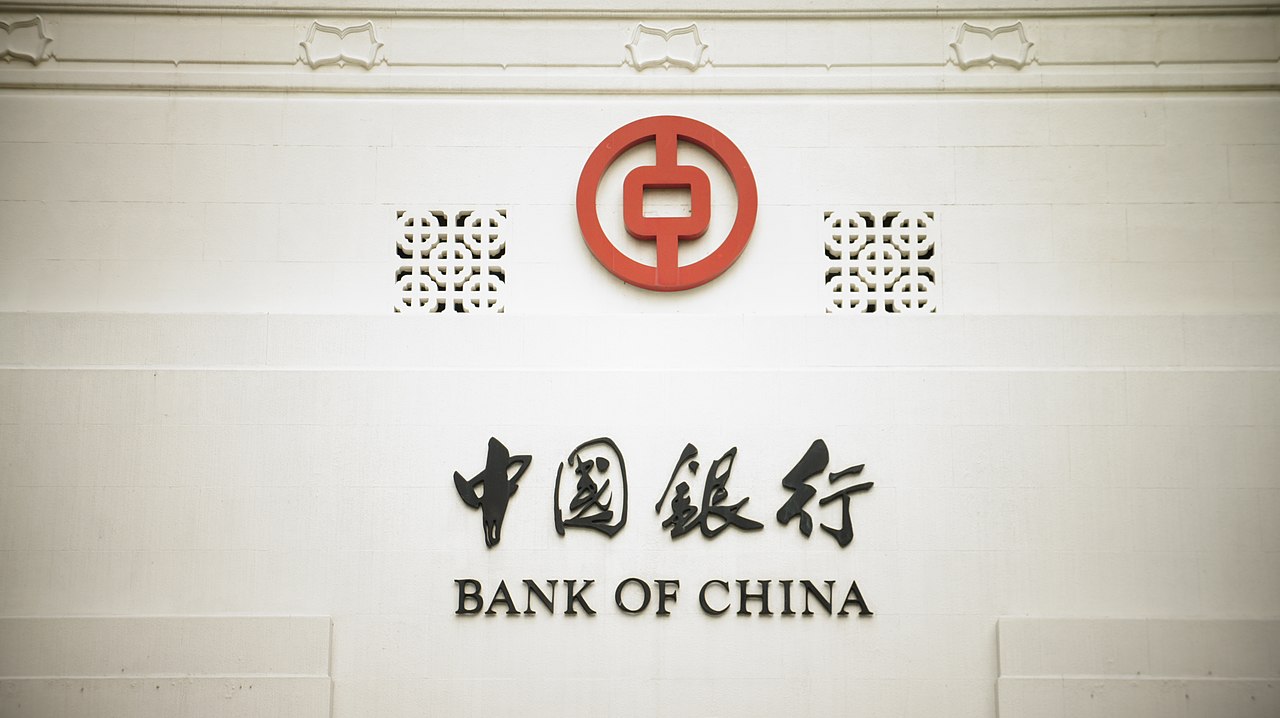And what is China doing about banking crises and interest rates?

China keeps lending rates unchanged and watches the banking crisis in the US. Here are all the moves of the central bank of the People's Republic of China
China kept its lending rates unchanged for the seventh consecutive month in March. Analysts had expected it, not least because the urgency for monetary easing faded last week: On March 17, the People's Bank of China, the central bank, announced a reduction in the amount of cash banks must hold in reserve. .
Thus, the one-year prime rate of the loan was maintained at 3.65 per cent, while the five-year prime rate at 4.30 per cent.
THE REASONS FOR CHINA'S MOVE
Bruce Pang, an economist at real estate services firm Jones Lang LaSalle, told Reuters that there is no need for interest rate cuts in the near term. And that, although the recovery has yet to fully kick in after the end of the anti-COVID restrictions, there are factors that limit China's possibilities to ease monetary policy, for example the exchange rate of the yuan (the national currency) and global monetary tightening.
In fact, if Beijing were to cut interest rates while other countries raise them, the increase in the yield differential would exert downward pressure on the yuan, risking causing capital outflows.
THE IMPACT OF THE AMERICAN BANKING CRISIS
China's central bank's decision to reduce the reserve requirement ratio (RRR) of domestic financial institutions was an "emergency response" to the banking crisis in the U.S., according to ANZ China expert Xing Zhaopeng. , with the bankruptcy of Silicon Valley Bank and the closure of Signature Bank . In short, the People's Bank wanted to prevent the American crisis from infecting the Chinese banking sector as well.
Reuters writes that the RRR cut is also a measure to boost economic growth. Which adds up to another move made by the Chinese central bank to stimulate demand: while leaving interest rates unchanged, it has increased medium-term liquidity injections in the renewal of maturing subsidized loans.
WHAT UBS THINKS
Swiss bank UBS – which will buy struggling rival Credit Suisse to avoid bankruptcy – said it expects the People's Bank of China to incentivize commercial banks to revise deposit rates downwards, reducing banks' funding costs and securing room for a slight cut in the prime loan rate.
According to Wang Tao, an economist specializing in China at UBS, the country could lower the prime loan rate by ten basis points for the rest of 2023, in order to bring down financing costs for the real economy and mortgage rates.
THE SITUATION IN CHINA
Shuli Ren, Bloomberg columnist who deals with Asian markets, pointed out that China, despite being one of the most indebted countries in the world (the debt-to-GDP ratio is around 300 percent), is maintaining relative calm in the face to the international banking crisis.
Although there is often talk of an imminent "Lehman moment" for China – the last time about two years ago, with the crisis of the Evergrande real estate group – this has not materialized. Yet the country, writes Ren, looks like "a time bomb": in addition to its debt-to-GDP ratio, both the vital real estate sector and municipal finances are heavily indebted.
With a view to centralization, Beijing is establishing a new national regulatory authority with the task of supervising all financial sectors, except the securities sector, and guaranteeing stability. Instead, the central bank will take care of traditional monetary policies, for example by setting interest rates.
This is a machine translation from Italian language of a post published on Start Magazine at the URL https://www.startmag.it/economia/cina-banca-centrale-tassi-finanziamento/ on Mon, 20 Mar 2023 11:27:19 +0000.
